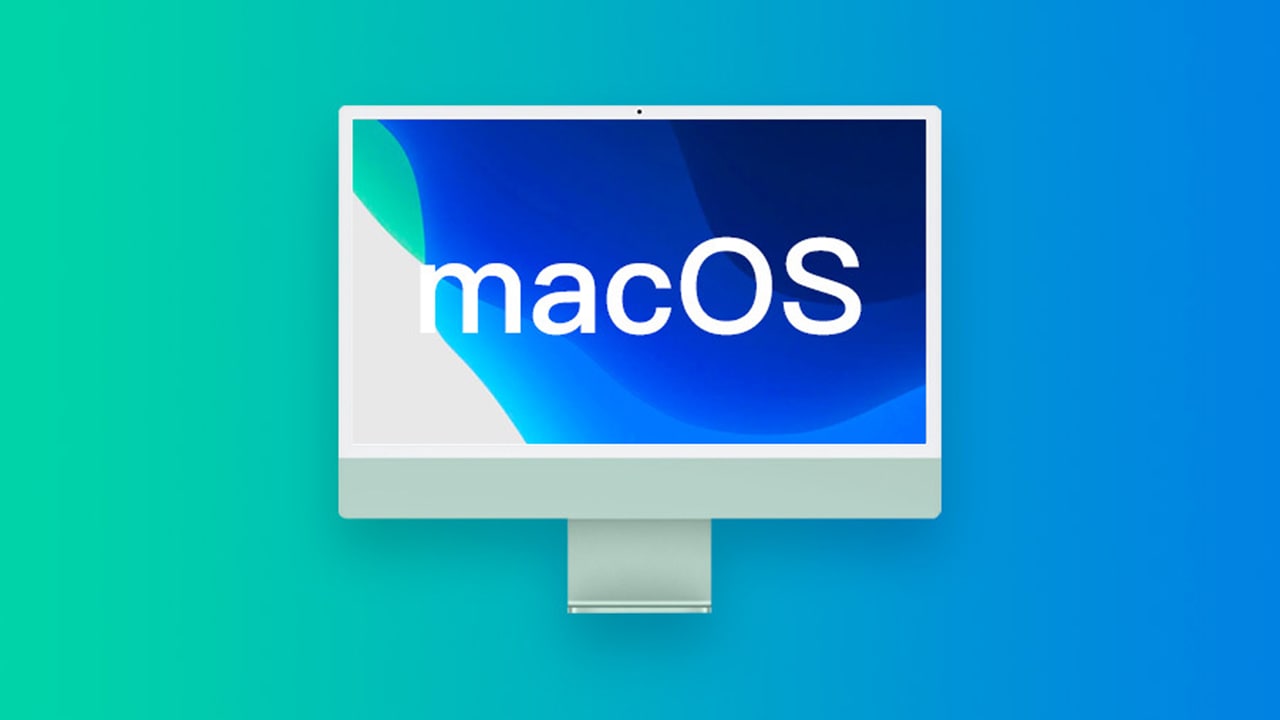Top 3 Key Points:
- New External Storage Option: macOS 15.1 lets users download large Mac App Store apps directly to external drives.
- Improved Storage Management: No more need for double the storage space; only the app’s final size plus a buffer is required.
- User-Friendly Updates: Great news for Mac users with limited internal storage, especially those with 128GB or 256GB devices.
Apple Eases Storage Requirements with macOS 15.1
With the release of macOS Sequoia, announced at WWDC 2024 and now in beta, Apple is making it easier to manage storage space on Macs. The latest beta version of macOS 15.1 introduces a significant new feature: the ability to download Mac App Store apps directly to an external drive.
What’s New in macOS 15.1?
According to 9to5Mac, macOS 15.1 beta 3, released to developers, includes a new setting in the Mac App Store preferences. By enabling this setting, the system will automatically download and install apps larger than 1GB to an external disk. This is particularly beneficial for users who are running low on internal storage.
For smaller apps under 1GB, macOS will continue to install them on the internal drive. However, the option to offload larger apps to an external drive is a welcome change, especially for users with Macs that have limited storage.
No More Double Storage Requirement
Previously, when downloading an app from the Mac App Store, your Mac needed to have double the app’s size in free space. For example, if you wanted to download a 2GB app, your Mac required at least 4GB of free space. This was because the system needed extra room to manage the download and installation processes.
Starting with macOS Sequoia, the Mac App Store no longer requires this extra space. Now, you only need enough space for the app itself, plus a small buffer for the installation process. This change simplifies storage management, making it easier for users to download and install apps without worrying about having a large amount of free space.
When to Expect macOS 15.1
macOS Sequoia is expected to be available to the public next month, while macOS 15.1 will likely be released later, around late October. These updates are sure to please users, especially those with Macs that have smaller storage capacities.






